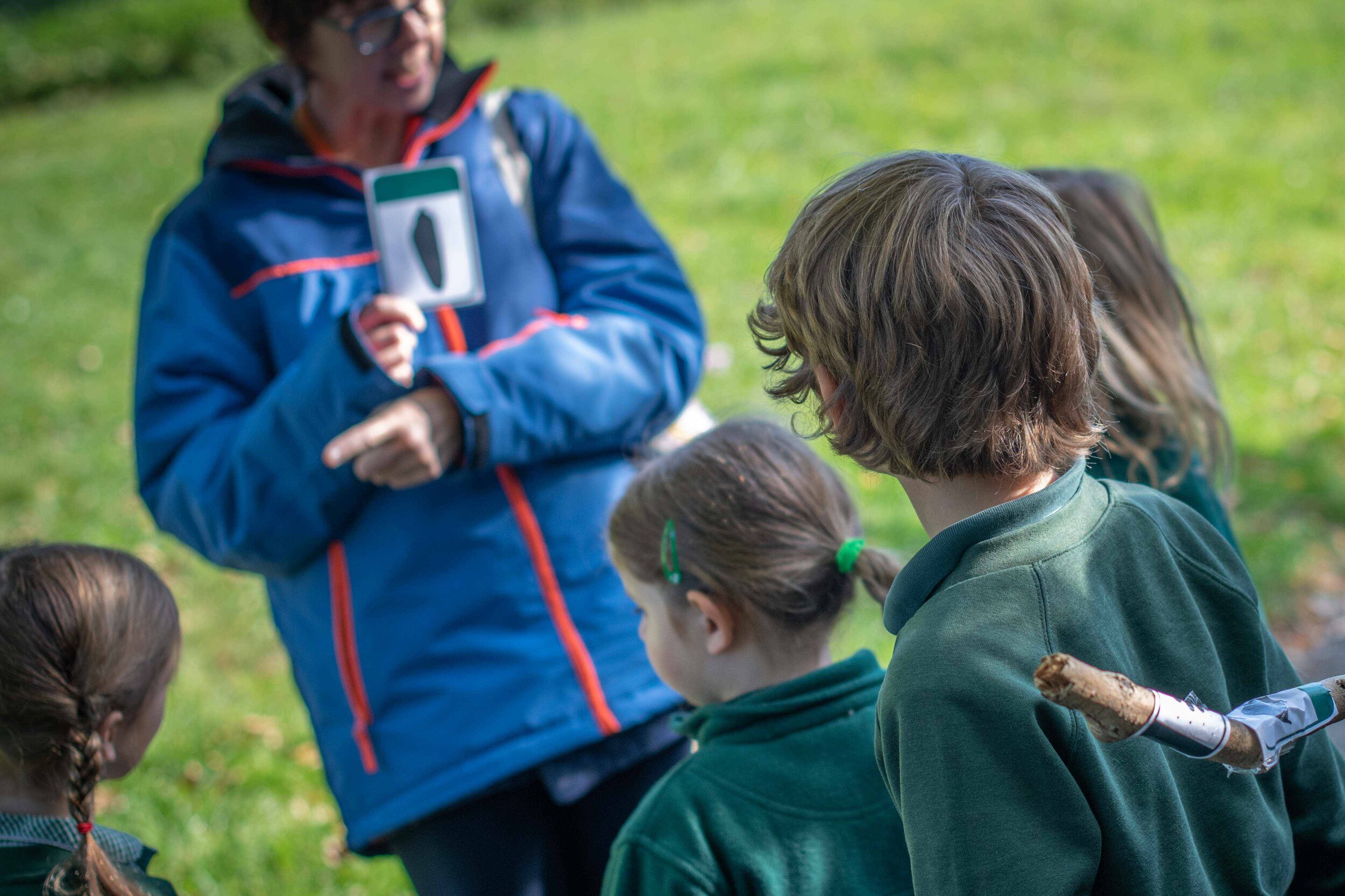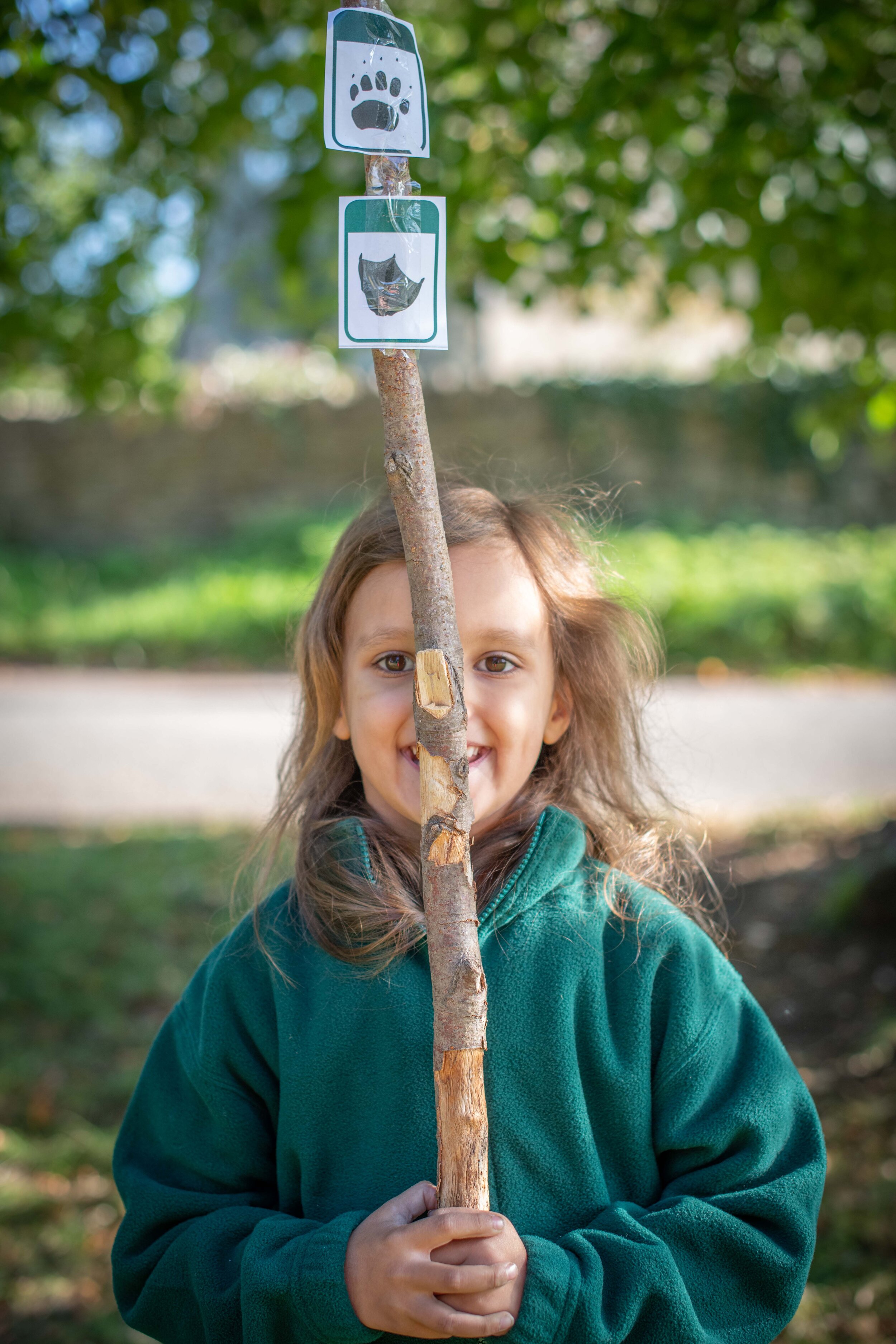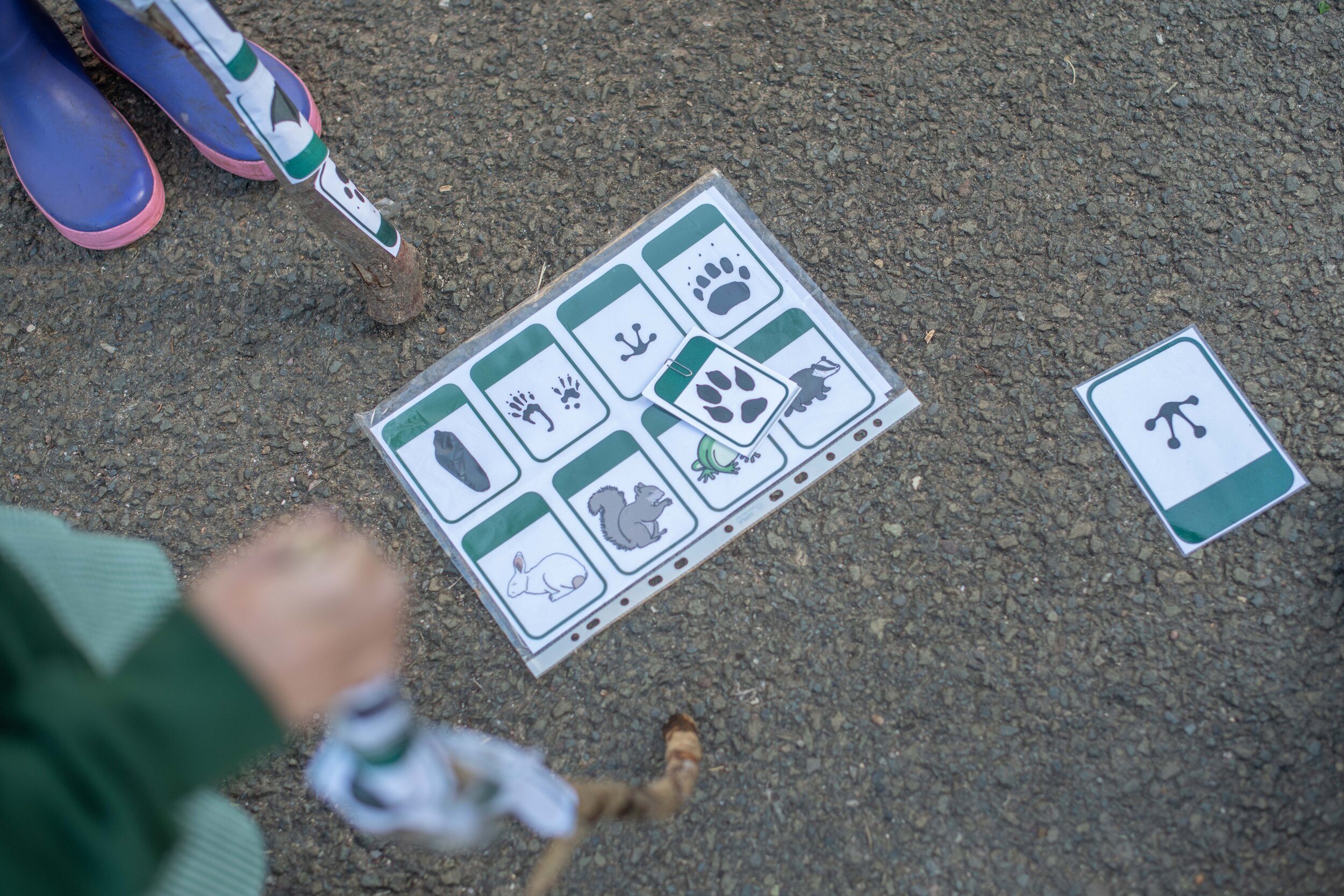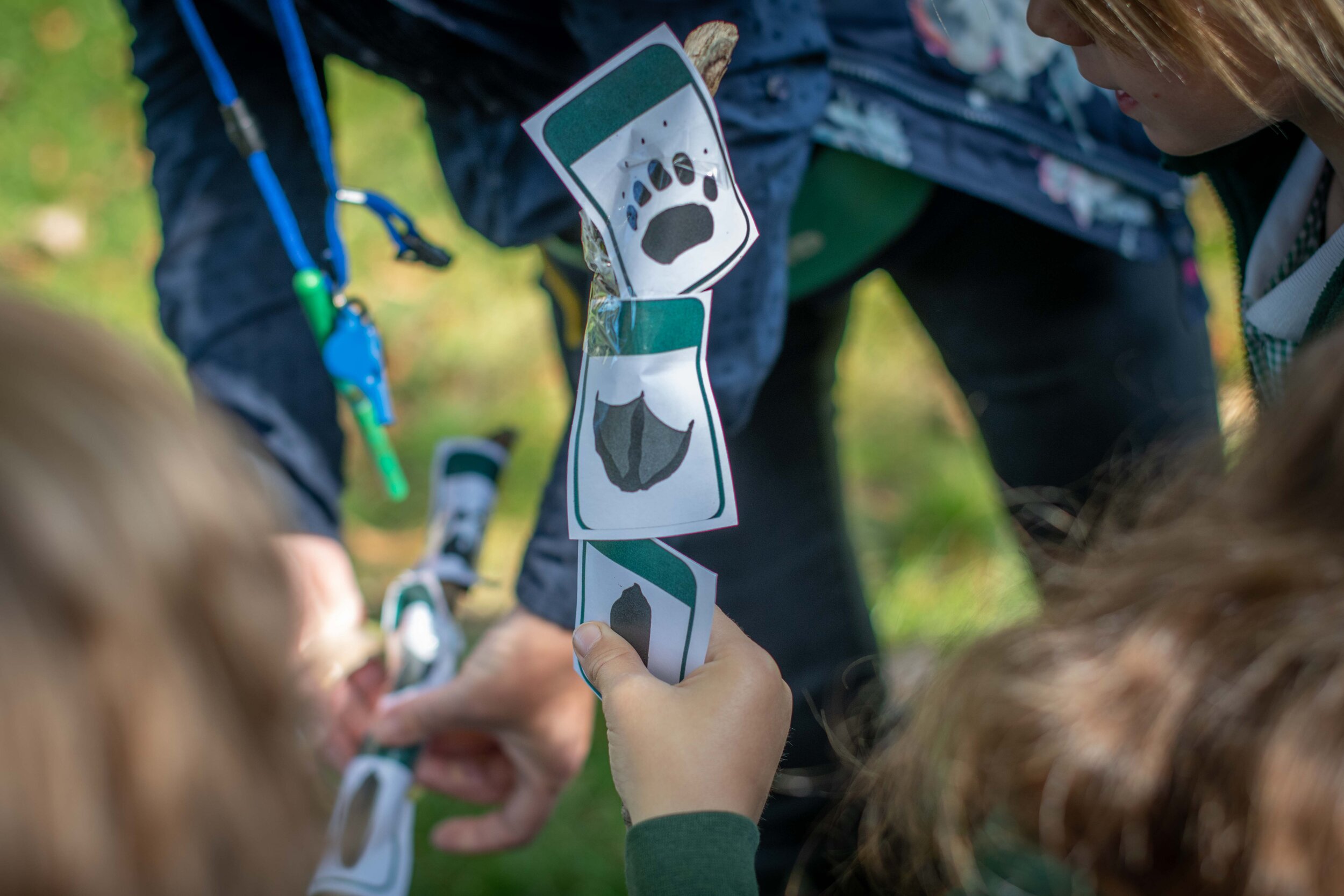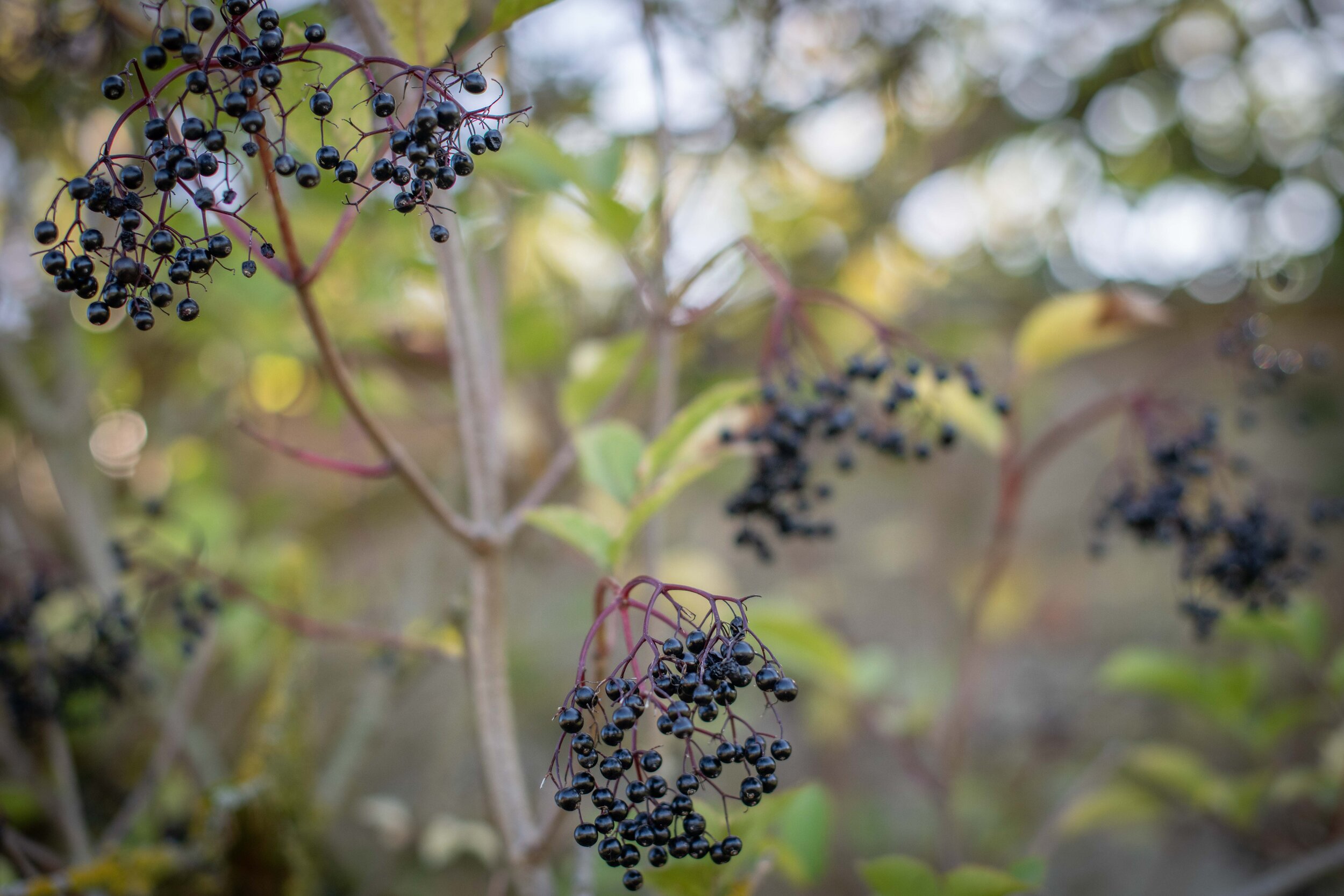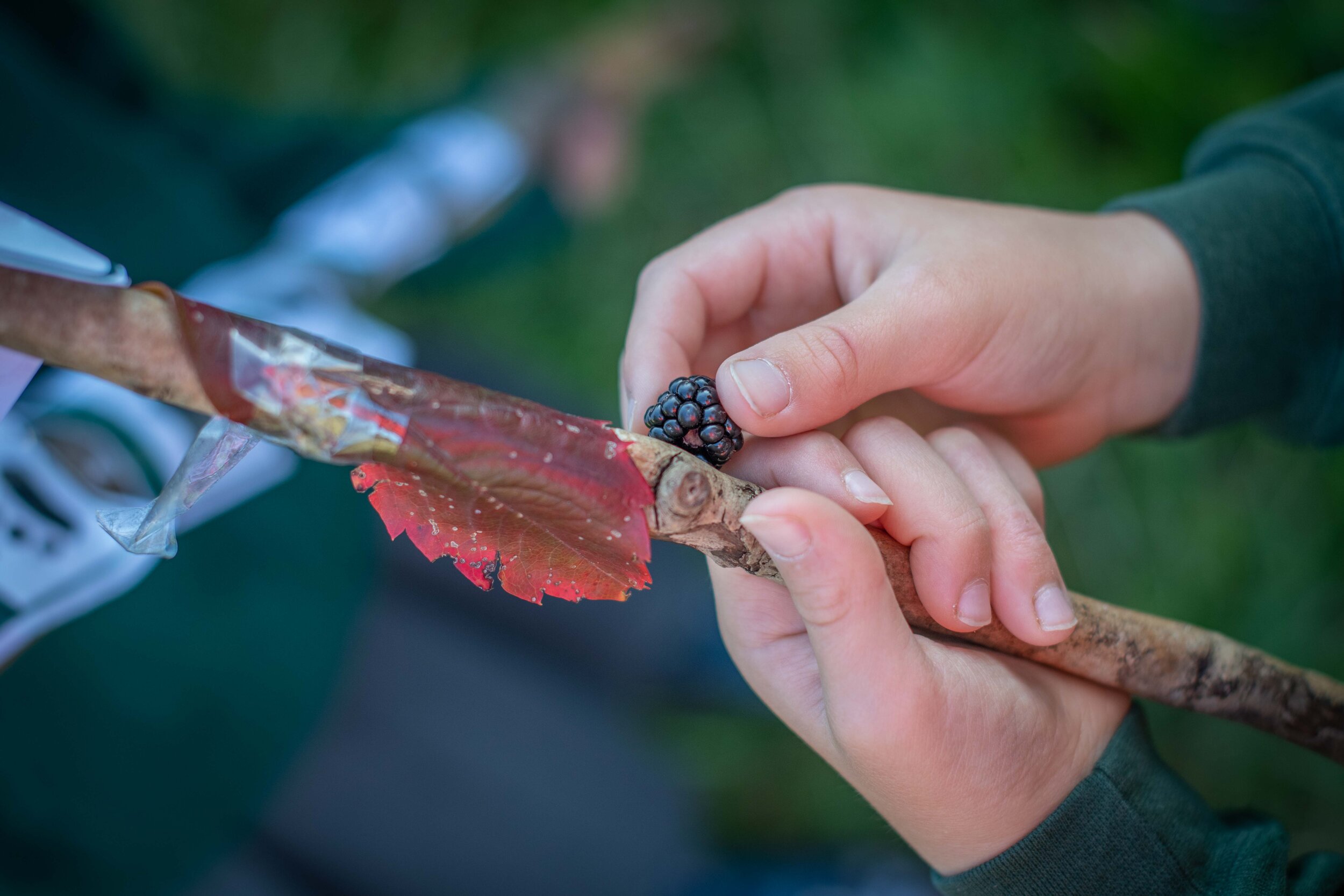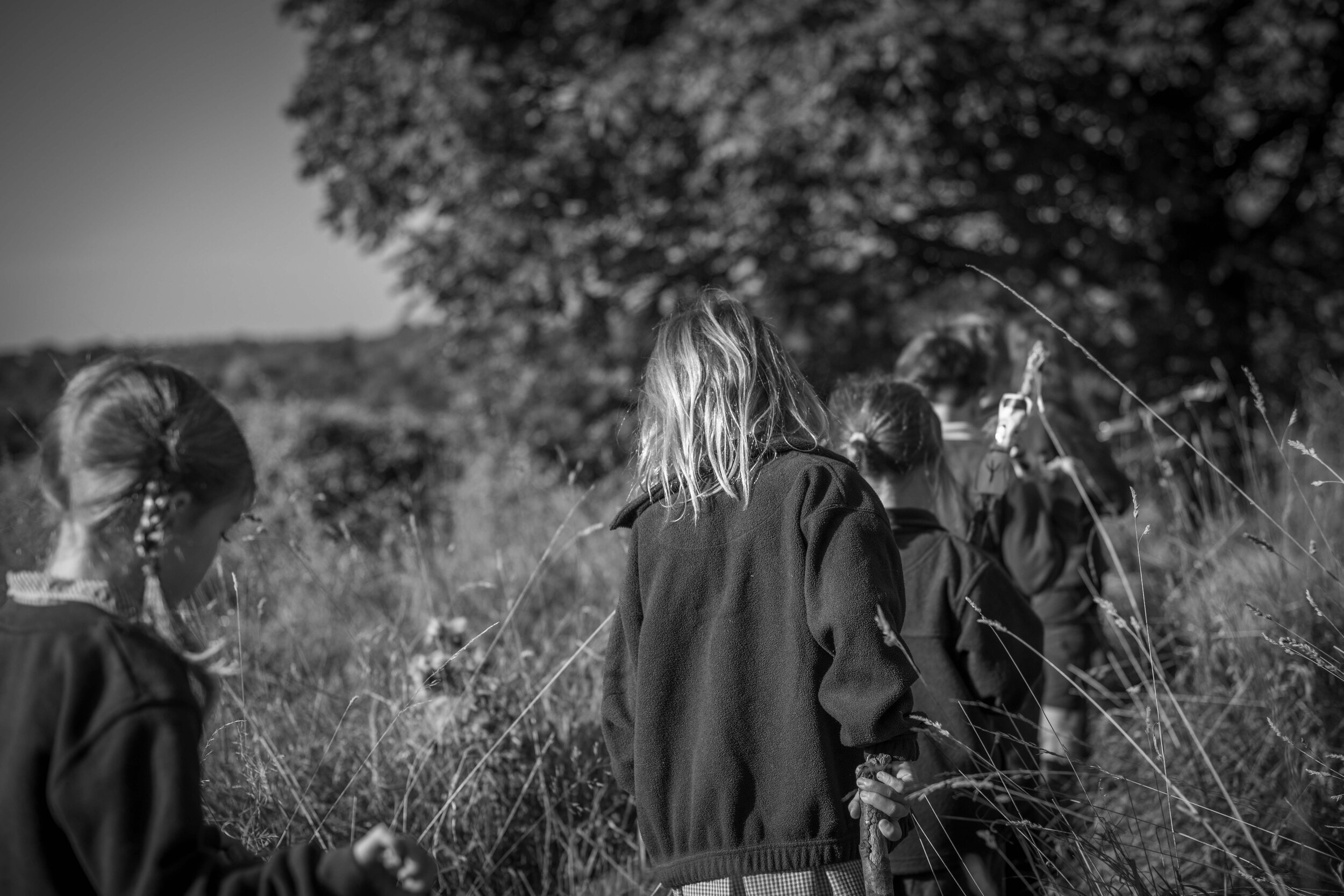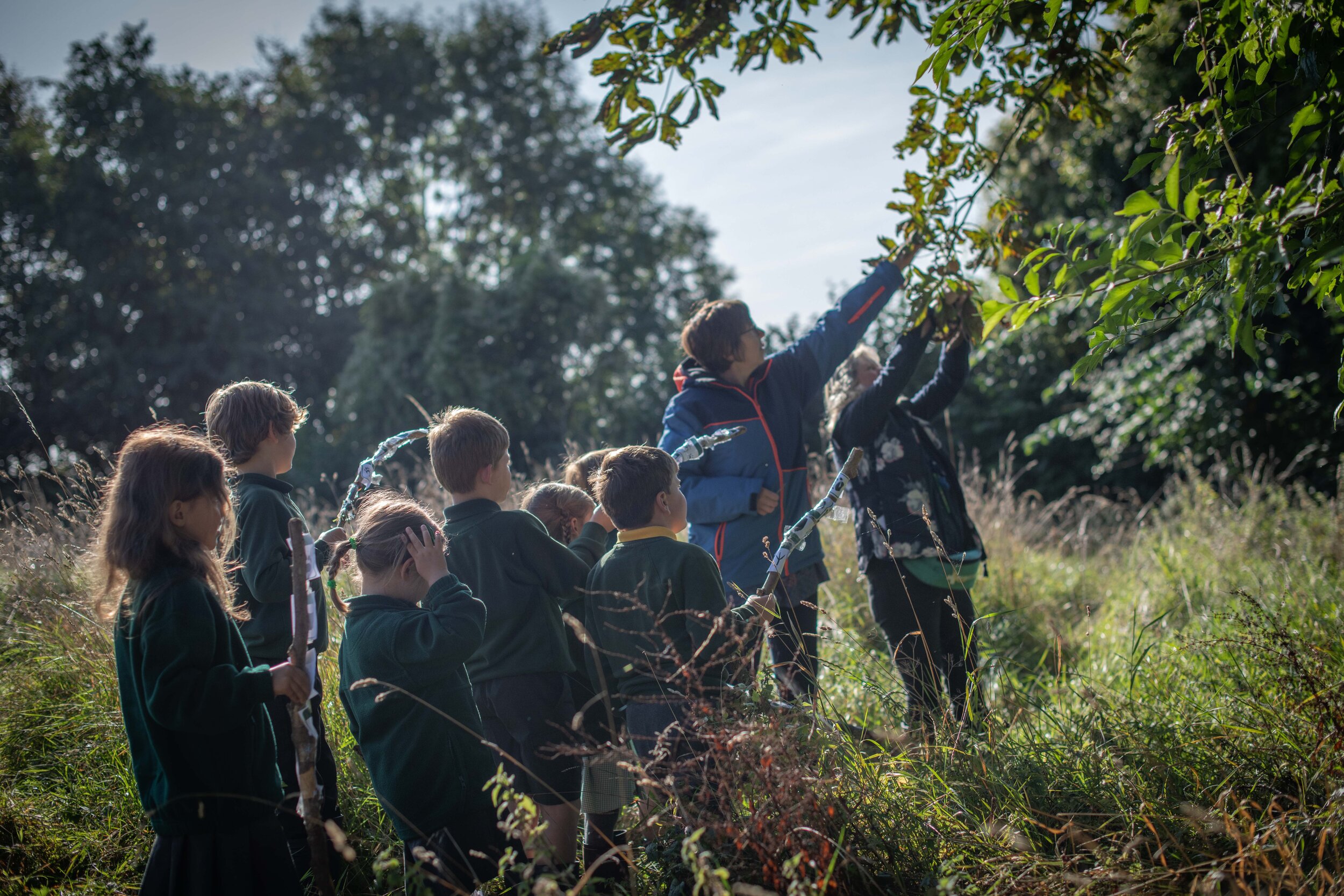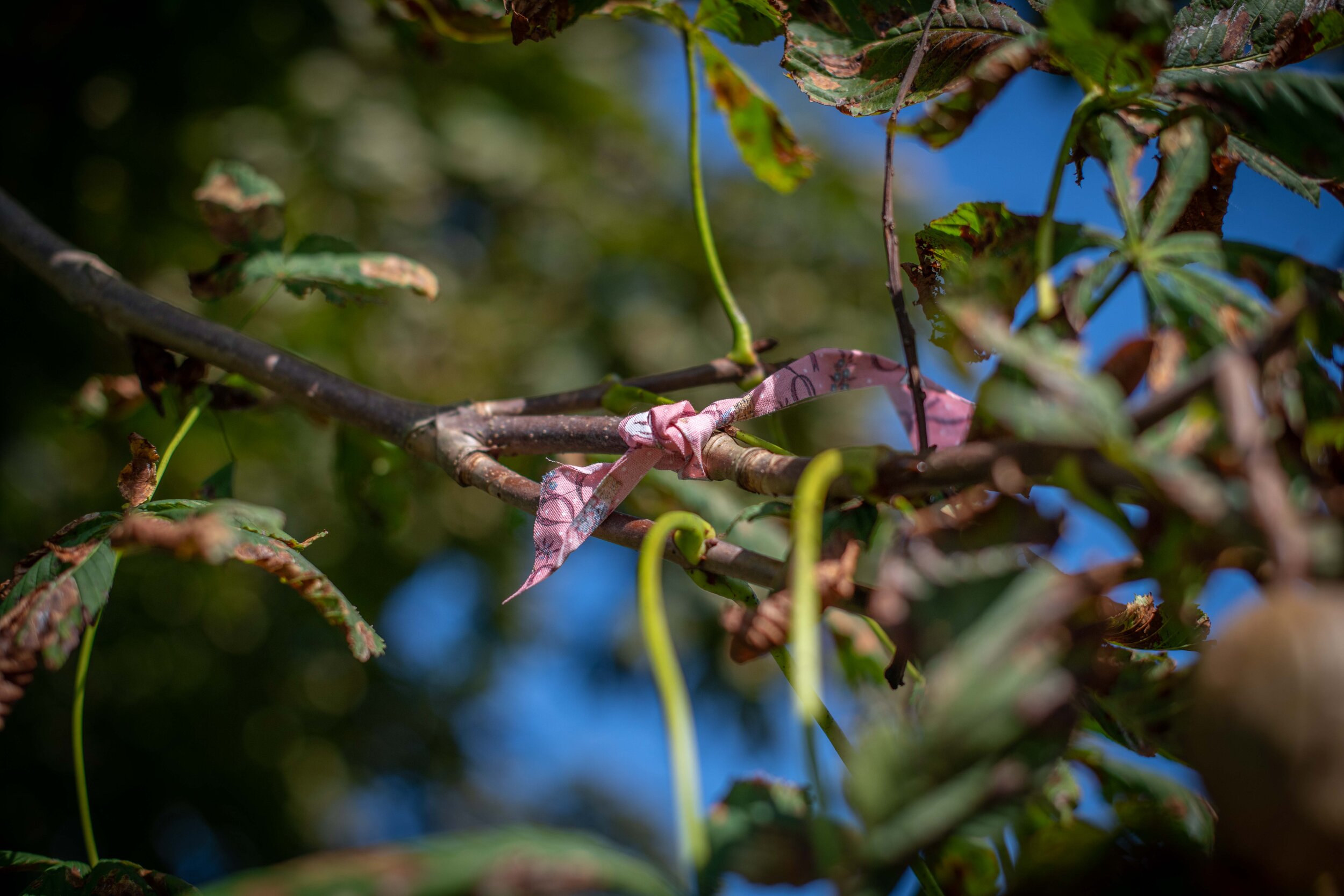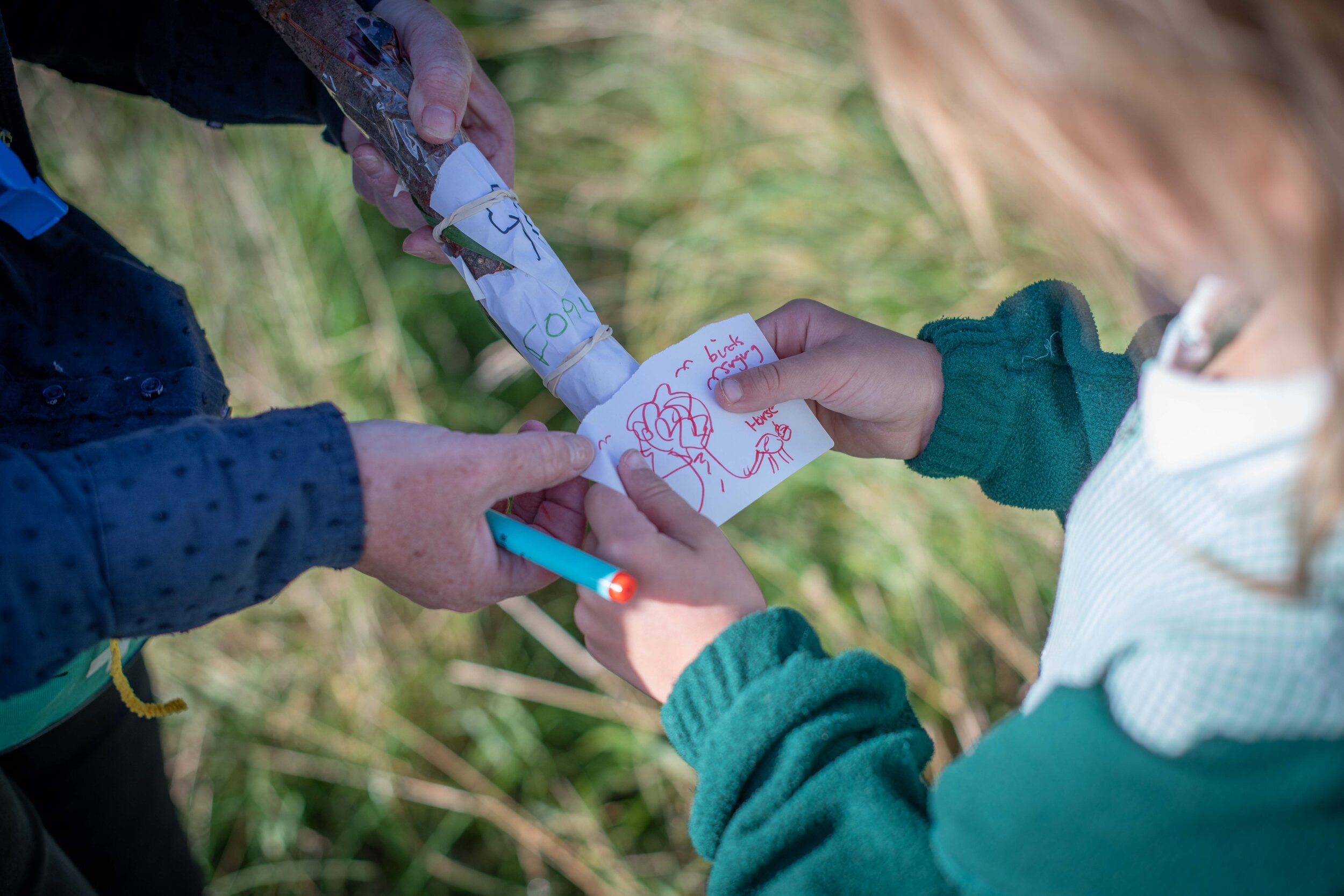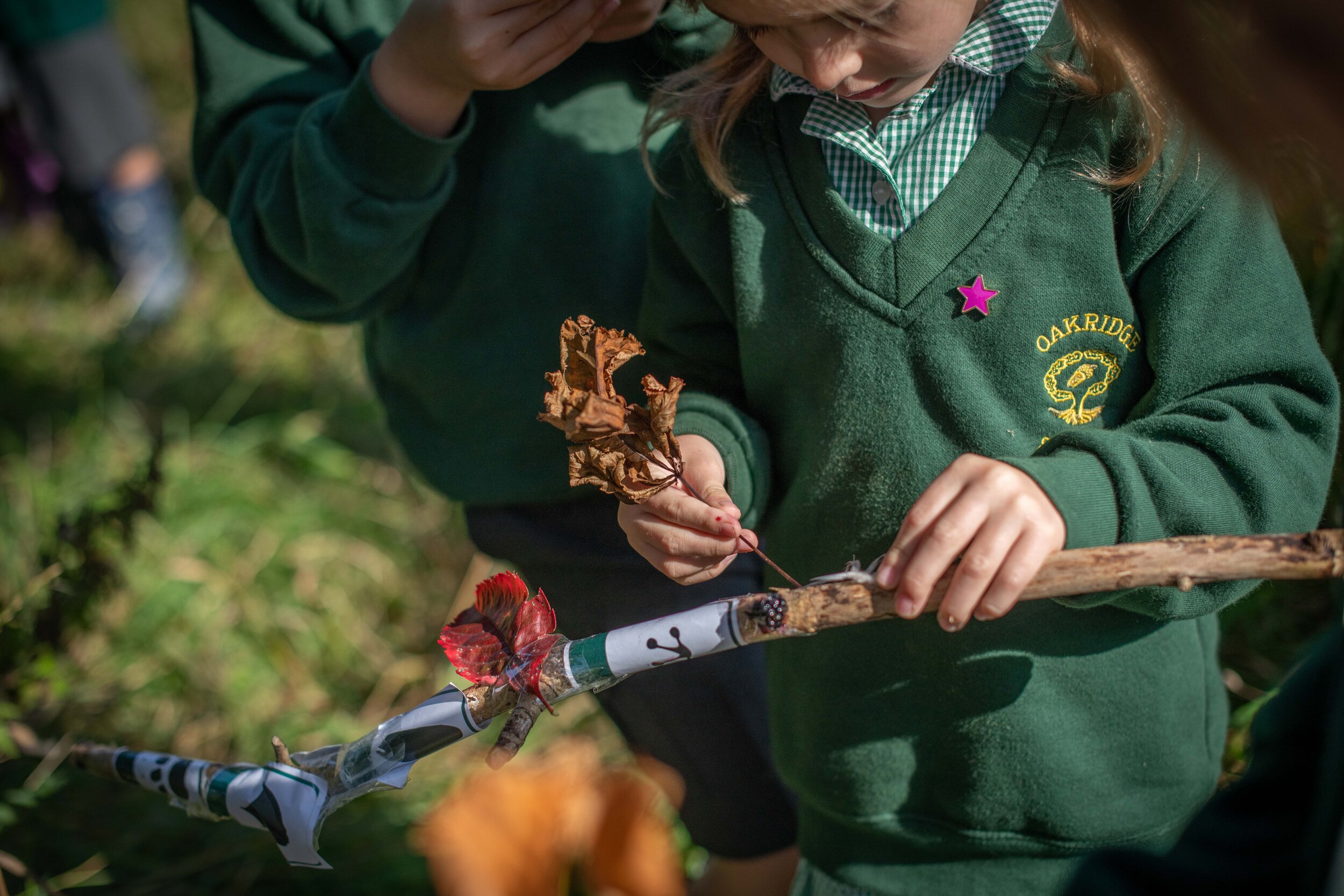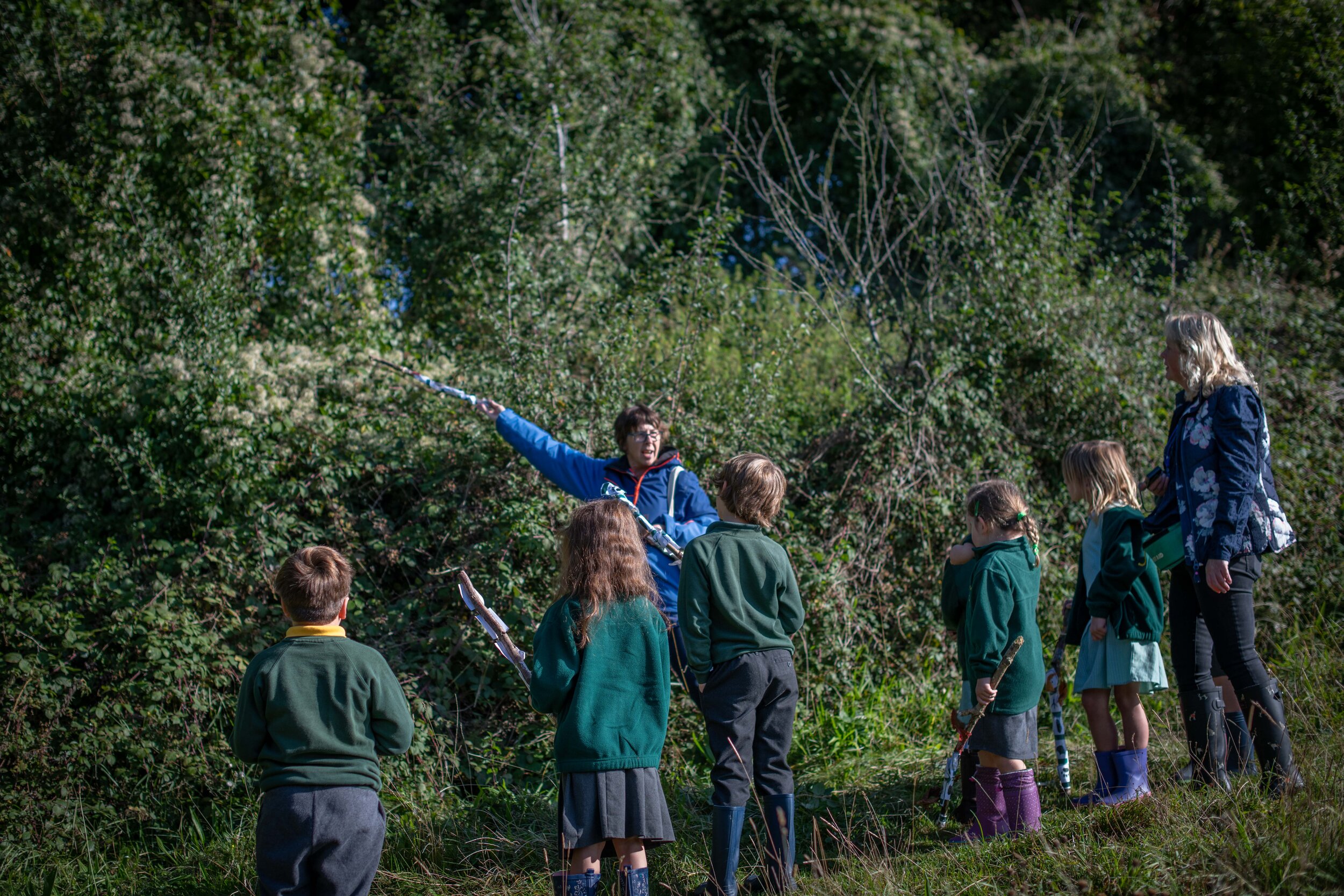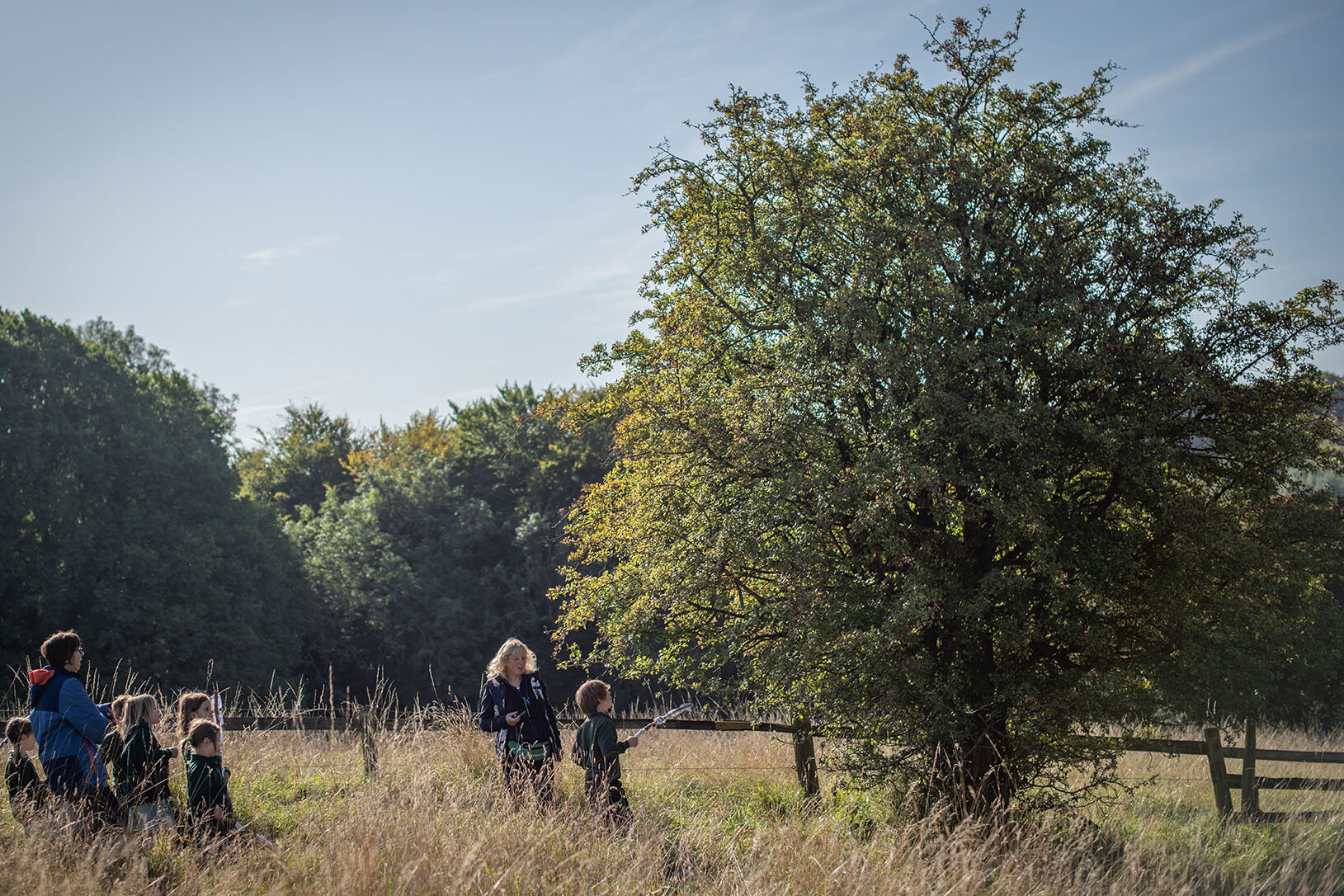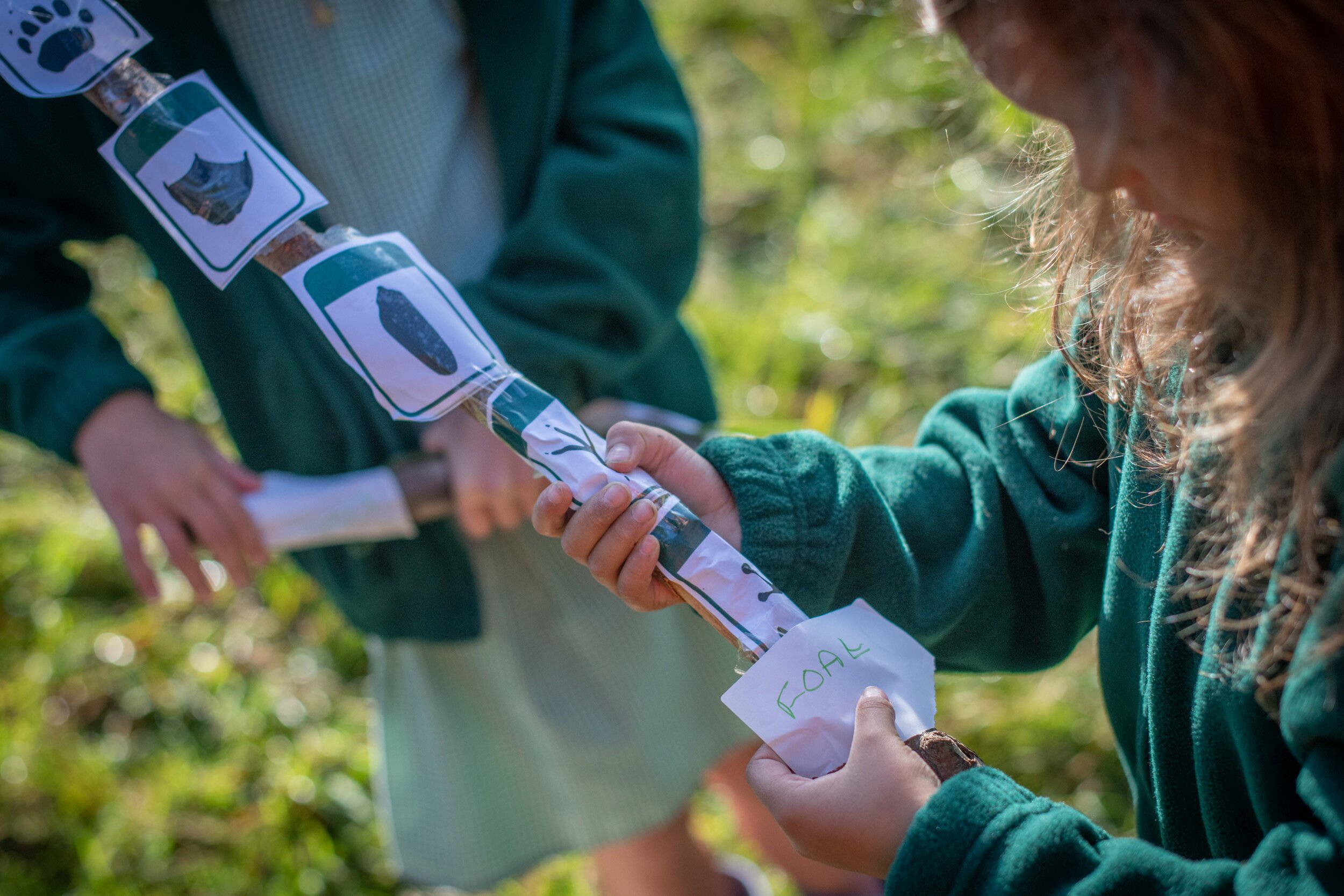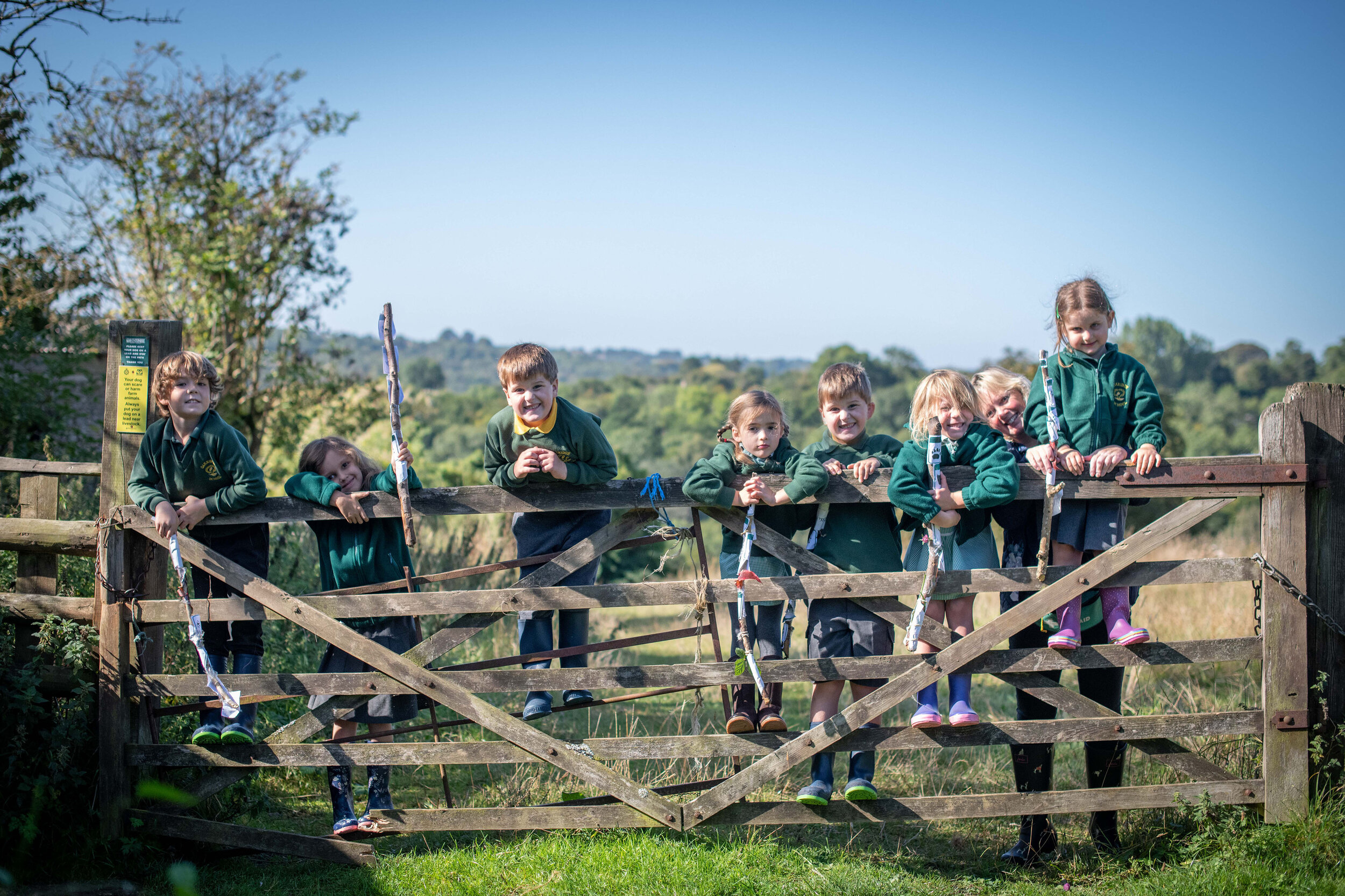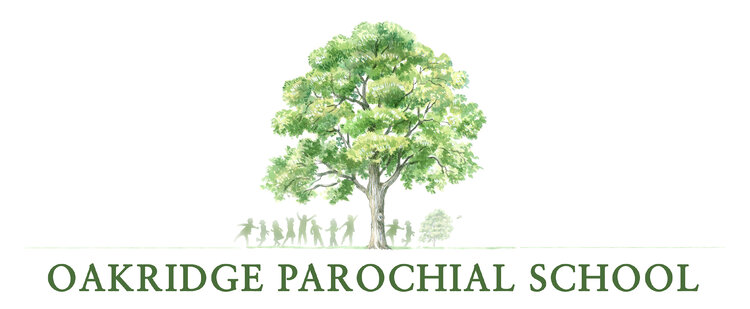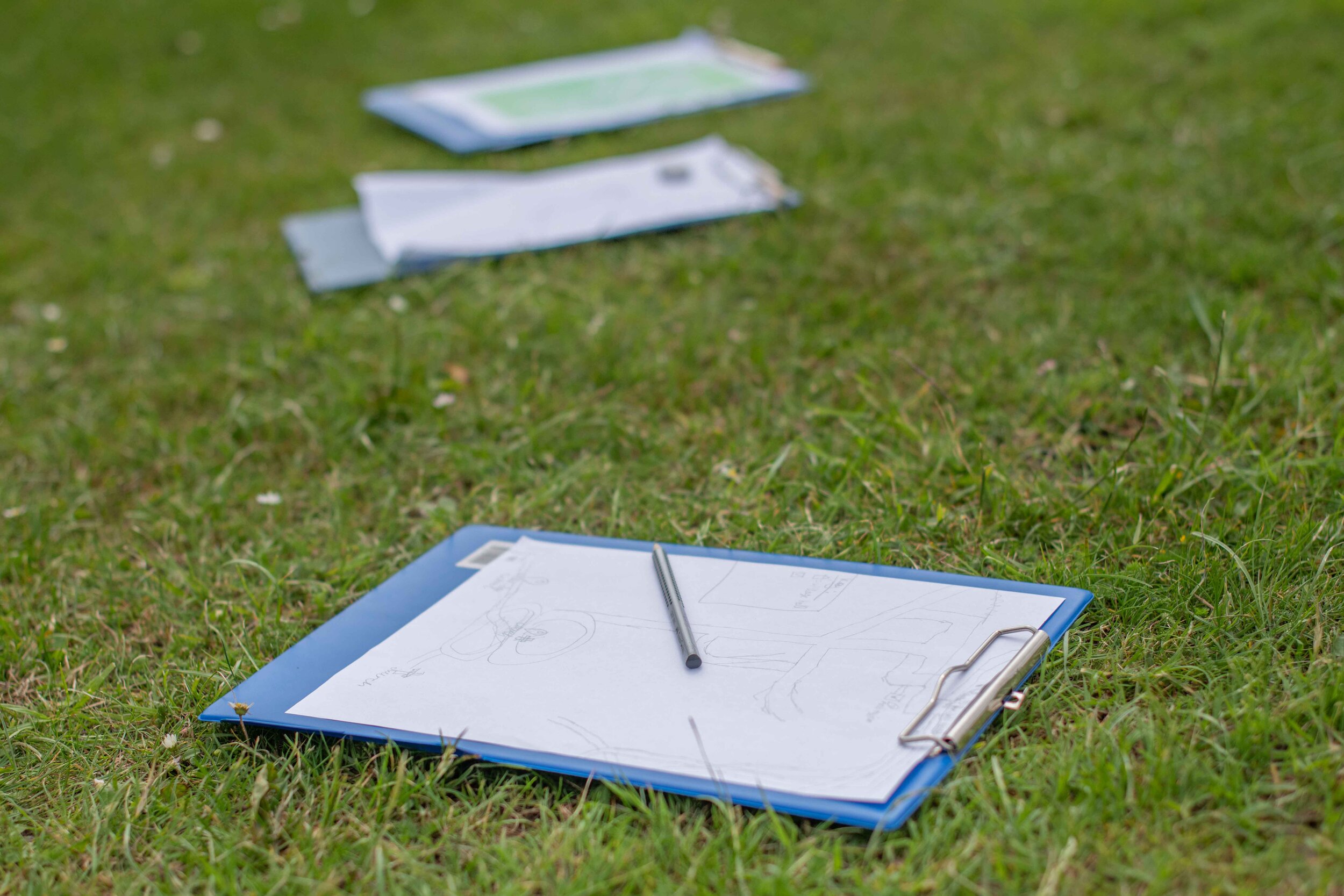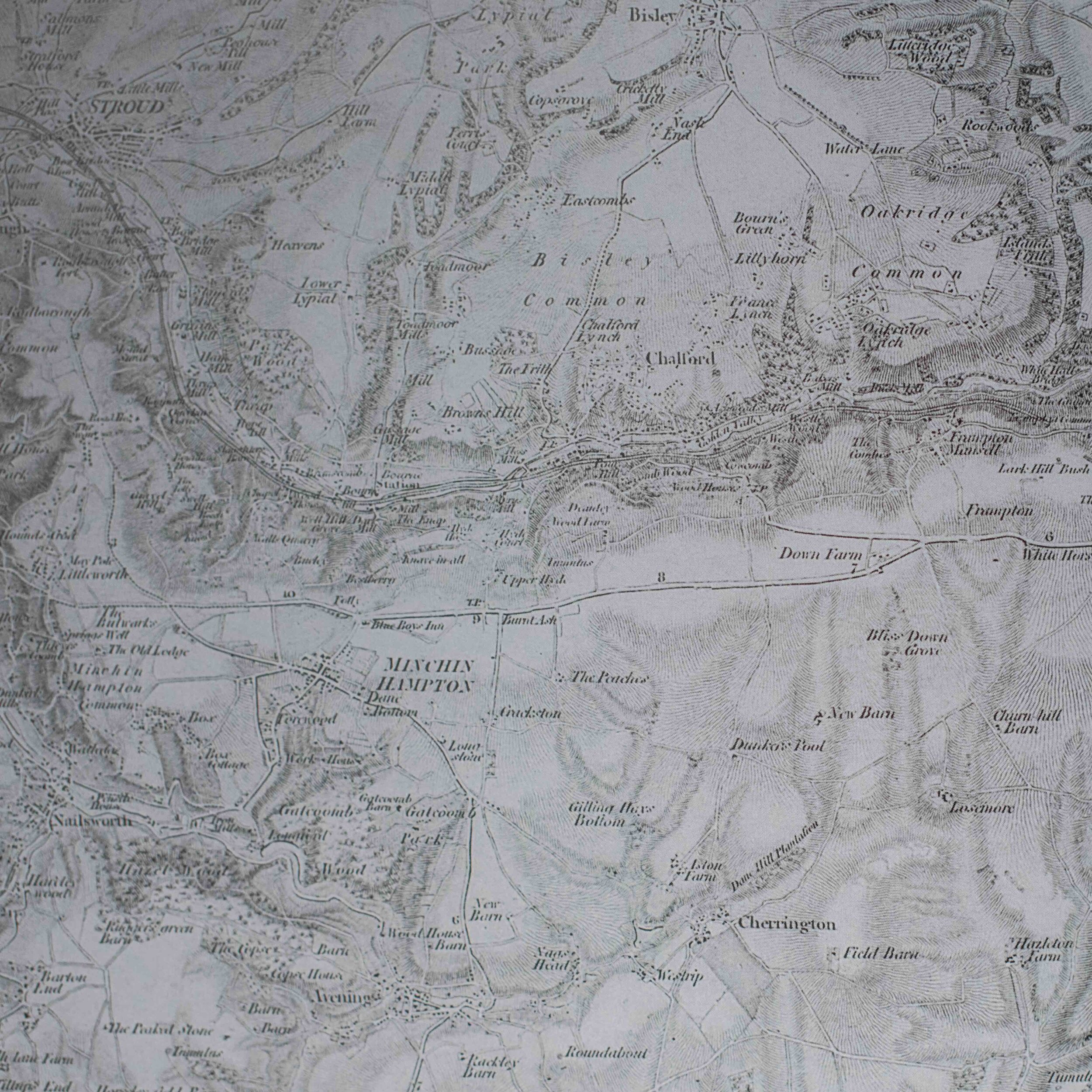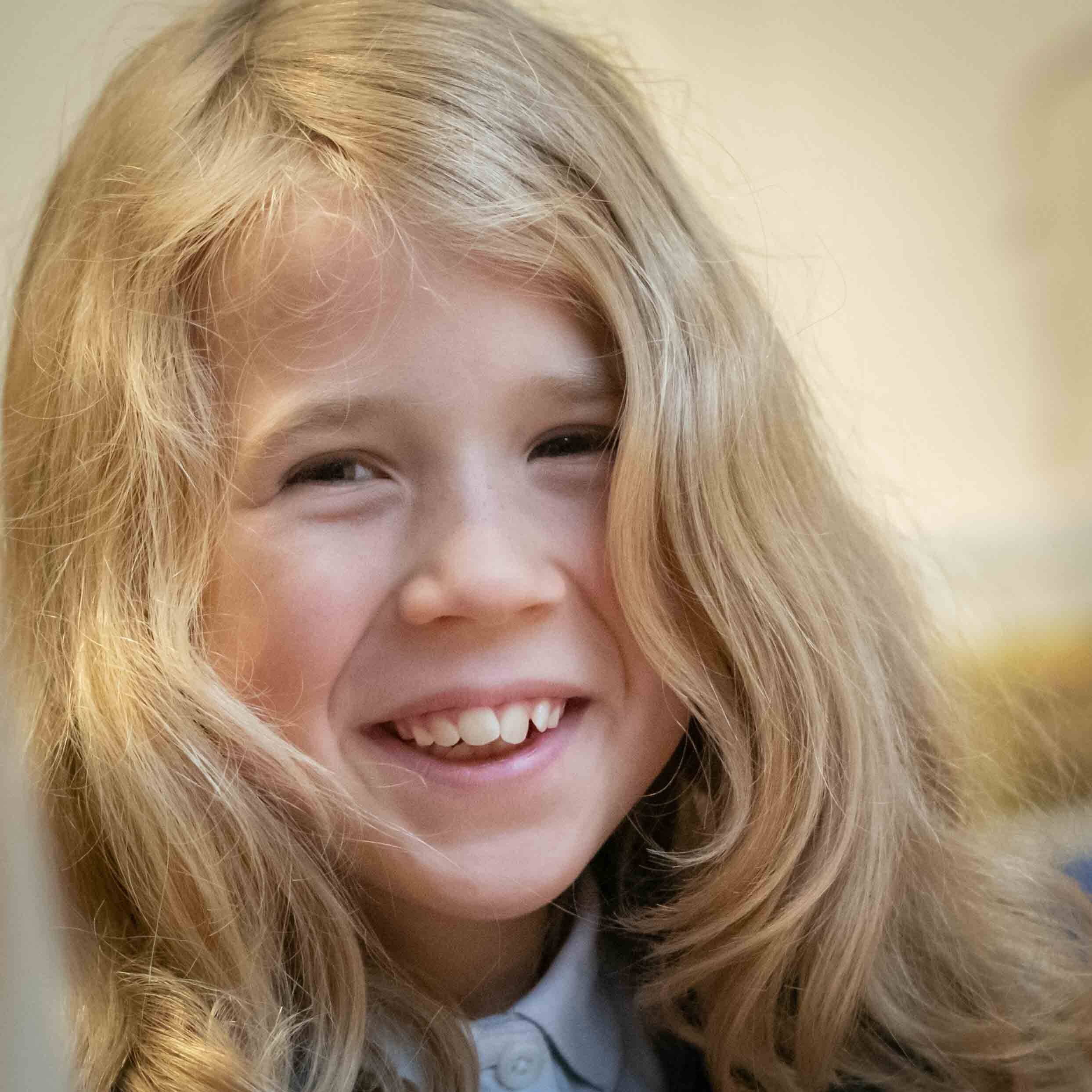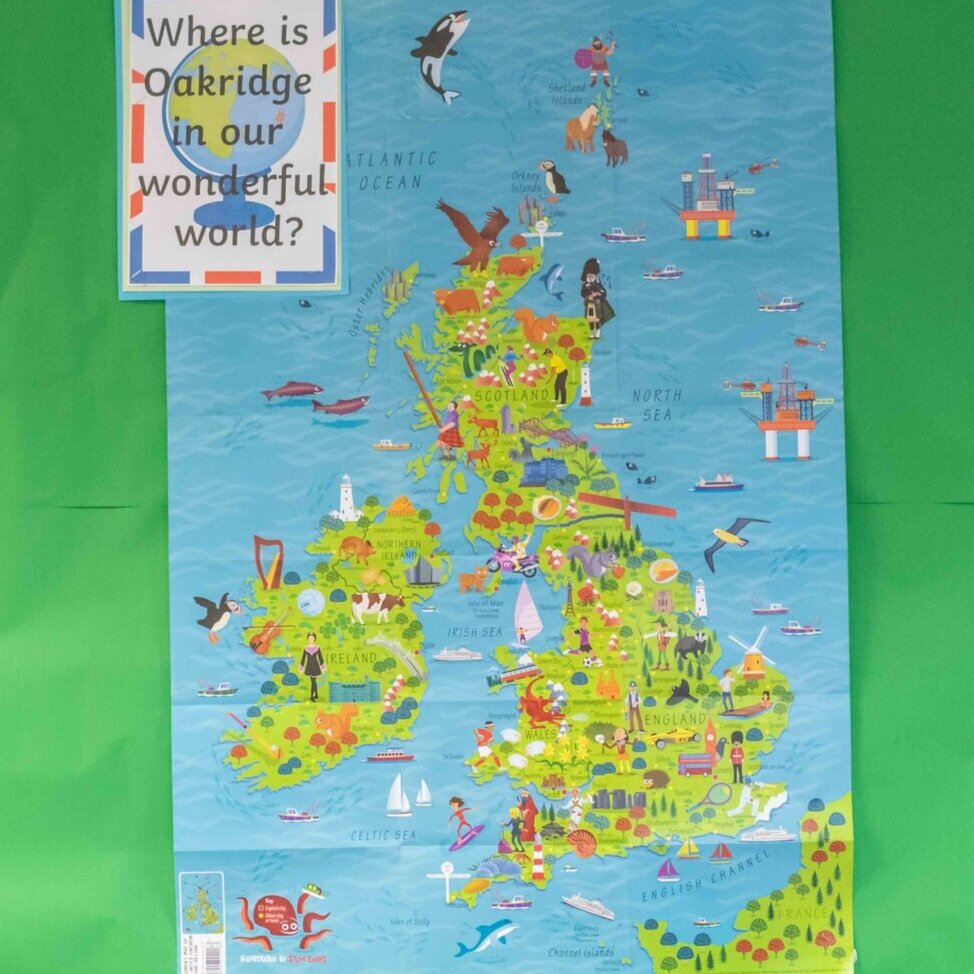Geography
Geography
“The study of geography is about more than just memorising places on a map. It's about understanding the complexity of our world, appreciating the diversity of cultures that exists across continents. And in the end, it's about using all that knowledge to help bridge divides and bring people together,” Barack Obama
At the end of a unique summer term in 2020 our children returned to school after Lockdown due to Covid 19 and during a Forest School Session Class 1 were encouraged to reflect on the picture book “What a Wonderful World” by Tim Hopgood based on the song by Bob Thiele and George David Weiss. It was clear that our world makes a major contribution to children’s physical, intellectual, social and emotional development. Geography matters and this is confirmed by David Attenborough in his reading of the same book. https://www.youtube.com/watch?v=B8WHKRzkCOYAt
In Key Stage 1 much of the geography curriculum is based on a study of the local area and the places and people the children know well. Children will observe the weather, begin to use maps and increase their awareness of the place they live. During Key Stage 2 children will continue to study the local environment but will use it as a basis for understanding other countries and cultures. They will explore the water cycle, pollution and global environmental changes, landforms and differences between countries caused by human factors.
The rural situation of our school provides a rich resource and plays a vital role in fostering an understanding of the relationship between human activity and the quality of the environment. Walks, guided visits, regular surveys and, in
Key Stage 2, residential visits to Copsegrove Farm all contribute towards a growing awareness and appreciation of the child’s environment.
-
Geography has never mattered more as many opportunities and challenges that will arise during our pupil’s lifetime will be very much about Geography at personal, national and global scales. What we intend pupils to learn in geography at BBC and OP reflects this throughout the curriculum. In order for our pupils to be ready to “live life” in the future our intention is to inspire in children a curiosity and fascination about the world and people within it; to promote the children’s interest and understanding of diverse places, people, resources and natural and human environments, together with a deep understanding of the Earth’s key physical and human processes, in other words to “love learning” Geography.
-
We teach the programmes of study outlined in the National Curriculum, supported by a clear skills and knowledge progression. This ensures that skills and knowledge are built on year-by-year and sequenced appropriately to maximise learning for all children. We take an enquiry approach to geography encouraging children to ask and answer their own questions. It is important that children develop the skills of a geographer by fully immersing them in all areas of the subject. The local area and Forest School is fully utilised to achieve desired outcomes, with opportunities for learning outside the classroom embedded in practise. School trips and fieldwork are provided to give first hand experiences, which enhance children’s understanding of the world beyond their locality.
-
The main impact and measure of our geography curriculum is to ensure that children at BBC and OP are equipped with geographical skills and knowledge that will enable them to be ready for the curriculum at Key Stage 3 and for life as an adult in the wider world. We want the children to have thoroughly enjoyed learning about geography, therefore encouraging them to undertake new life experiences now and in the future.
By the time children leave BBC and OP we aim that most children will:
Have an excellent knowledge of where places are and what they are like.
Have an excellent understanding of the ways in which places are interdependent and interconnected and how much human and physical environments are interrelated.
Have an extensive base of geographical knowledge and vocabulary.
Be fluent in complex, geographical enquiry and the ability to apply questioning skills and use effective analytical and presentational techniques.
Have the ability to reach clear conclusions and develop a reasoned argument to explain findings.
Have significant levels of originality, imagination or creativity as shown in interpretations and representations of the subject matter.
Be highly developed and frequently utilised fieldwork and other geographical skills and techniques.
Have a passion for and commitment to the subject, and a real sense of curiosity to find out about the world and the people who live there.
Have the ability to express well-balanced opinions, rooted in very good knowledge and understanding about current and contemporary issues in society and the environment.
Darwin Walk
